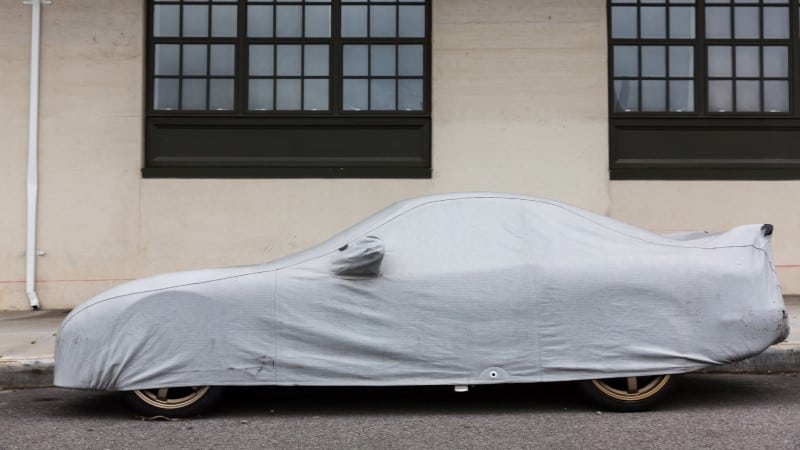Car is the most efficient fashion of transportation, and people drive it anywhere possible. There are times when you take leave from your work and don’t drive your car. The continuous hibernation of the car can cause battery death.
Can you let the car rest without even starting the engine once a day? It is arguably the most discussed topic among car enthusiasts. Well, your car may experience problems such as shorten in battery life, jammed parts, and rusting in bare metals.
The issue might not be significant within a couple of days, but it can be problematic if it is still for a couple of weeks. That’s why people fear buying a used car. A disciplined driver will never let a car rust in the first place. You can find the best dealership around you and eventually buy the used car of your preference.
Before you visit the dealership, research the overall history of the vehicle. Several companies promise to provide past history reports of the car and in fact, most of them are general database reports. For instance, it might not reflect collision damaged parts, outstanding finances, and whatnot. Therefore, getting a background check of a carwith the help of Revs Check would be fantastic to keep you off the bad purchase decision.
General rule
The car’s battery is power-hungry. It can still degrade the power of your vehicle even if you are not driving. You might install anti-theft alarms, dash cams, and other power accessories on the car that needs to operate 24/7. If the vehicle is kept for a long time in an unmanaged garage, the battery cell degrades little by little every night.
If you live in cold places where your car has to face zero-degree temperature, you must start the car daily. The negative temperature will drain the battery life of a car in no time. Many mechanics suggest starting the car once a week but if you want to keep the battery healthy, starting the car daily is exceptional. Moreover, a car parked outside the house covered in mist consumes more power than one held in a warm garage.
The general rule of thumb, starting the car daily kicks a fresh charge inside the cell and ensures good health. A new battery in a car can store the charge for longer. On the other hand, the weak battery might need a frequent start to charge it.
Disconnect the battery
Unhooking the battery from its compartment might be the ultimate solution if you want to increase its lifespan. Since we are aware of electric accessories, using the excess battery even if you are not driving can be horrible in case the battery is old. You can simply disconnect the battery of the car following these simple steps.
- Turn off the ignition of the car and pull out the key. Also, take necessary precautions beforehand you open the hood.
- Now open the hood and find the wirings attached to the battery. There are basically negative and positive wires attached to the battery. Find the negative of the battery; usually, it’s covered in the black shell.
- Now, grab a socket and loosen the nuts of the negative terminal. Take all necessary precautions as you might absorb shock from the battery. You might want to take the wrench that fits the socket of the battery. Slowly unhook the negative terminal and repeat the same process with the positive terminal.
- After you remove both terminals, don’t touch the battery for a while. It might still have electrostatic current running through these terminals.
Keep these terminals covered in a plastic or a protective shell so that they won’t accidentally touch the opposite terminals. Now, you can reverse the process and place the wires back in the right order to get the battery working.
Can a car survive resting in the garage for a month?
The car’s quality and its battery are the prime determiners if you should start your car daily or once a week. Taking your car for a spin once in a while is the best maintenance routine for your vehicle. If you let your car let up for a month or two, the following issues might develop.
- The battery might completely die.
- Lubricants, brake fluid, and oils might get contaminated.
- The tires will deflate, and rusting in the wheel will degrade the vehicle
Be it as it may, you can eventually jump-start the car even if it’s been rested for a couple of days, and the process is known as recharging the battery.
Now you should probably know even a car needs exercise to keep up the good shape. A car kept rested in the garage for a day or two might not show signs of a problem; however, if it’s kept unused for a month, the battery loses its charge and dies. Thus, gear up your car and drive it around 40 to 50MPH frequently if possible.
